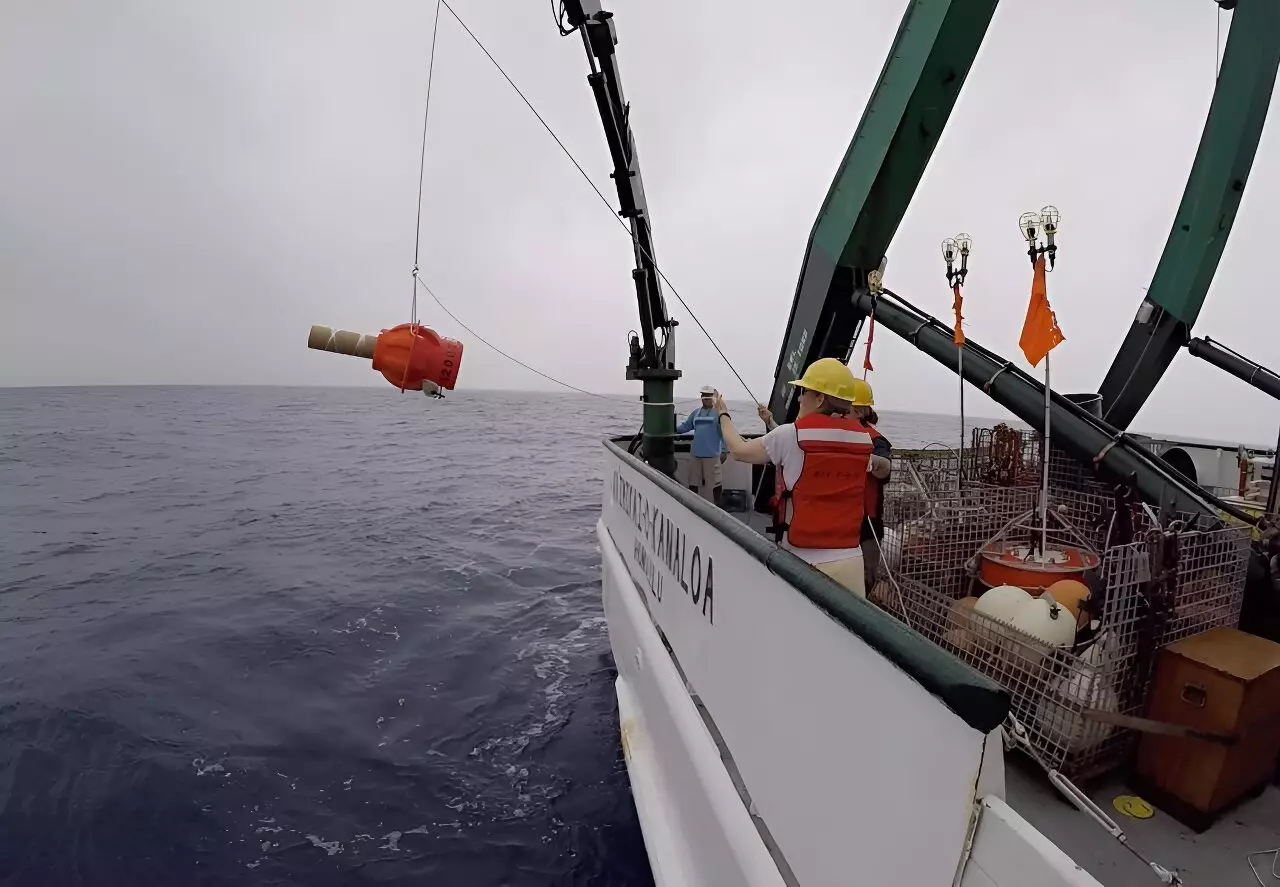Recent advancements in oceanography have unveiled critical patterns in deep ocean temperatures, underscoring the increasingly urgent reality of climate change. A September study published in Geophysical Research Letters has utilized data from Deep Argo floats—sophisticated unmanned underwater robots—to enhance our understanding of deep ocean warming. This innovative research merges contemporary data with historical records to shed light on how various oceanic depths are responding to global climatic shifts.
Ocean warming is not merely a statistic but represents a significant factor in the broader narrative of climate change. According to Greg Johnson, an oceanographer at NOAA’s Pacific Marine Environmental Lab and the lead author of the study, the findings reveal that parts of the deep ocean are warming between 0.0036 to 0.0072°F (0.002 to 0.004°C) annually. This research elucidates the essential role of ocean heat absorption, particularly in depths exceeding 1.2 miles (2,000 meters), in influencing global sea level rise and the intensity of extreme weather events.
Hitherto, uncertainty shrouded the understanding of deep ocean temperature changes, but the integration of Deep Argo data significantly narrows this gap. Previously detected warming trends, especially around Antarctica, could now be quantified with better accuracy, providing a more reliable framework for future climate predictions.
Launched by NOAA’s partners as part of the Argo Program, Deep Argo floats have been operational since 2014, extensively measuring various ocean metrics—from temperature and salinity to other vital data—down to depths of approximately 3.7 miles (6,000 meters). The deployment of these floats in the Southwest Pacific, South Atlantic, and Indian Oceans, as well as the North Atlantic, positions them strategically to provide comprehensive insights into the global ocean system.
Johnson notes that these Deep Argo floats form pilot arrays that, if expanded globally, could extensively document changes in the warming rate over shorter time frames. This capability would allow scientists to discern how these warming patterns evolve, adding depth to climate modeling efforts.
One of the notable findings from the research is the identification of specific hot spots of warming in the deep ocean. The waters surrounding Antarctica have emerged as a hotspot, primarily because they contribute to major oceanic currents that redistribute heat. Additionally, off the coast of Greenland, deep waters are experiencing a notable decline in cold water influx due to surface warming and freshening caused by ice melt.
Understanding these geographic patterns is crucial for researchers as it directly influences the dynamics of the global meridional overturning circulation, a system pivotal for regulating climate and weather patterns. The implications of these changes are vast, affecting not only ocean ecosystems but also human populations reliant on stable climates.
The enhancement of deep ocean datasets holds significant potential for refining climate models. Reliable data about deep ocean changes facilitates more accurate predictions of rising sea levels, precipitation variations, and the frequency and intensity of tropical cyclones. These forecasts are critical for policymakers and communities worldwide, providing the necessary information to formulate responses to impending climate challenges.
Moreover, the decrease in uncertainty by a factor of two regarding the magnitude of observed warming trends presents an important leap in the climate science field. With improvements in monitoring techniques, researchers anticipate being able to draw more definitive links between oceanic changes and atmospheric shifts, crafting a more holistic view of the global climate system.
The evolution of ocean monitoring technologies signifies a proactive stride in climate research, with Deep Argo floats leading the charge. As the Argo Program continues to expand its reach, harnessing data from the deep seas will be imperative for advancing our understanding of climate change. Moving forward, the integration of real-time data and predictive modeling will be vital for developing effective mitigation and adaptation strategies in response to the multifaceted challenges posed by a warming ocean. The quest for accurate information in this rapidly changing environment is not just a scientific endeavor but a societal imperative, marking a critical period in our ability to protect the planet.

